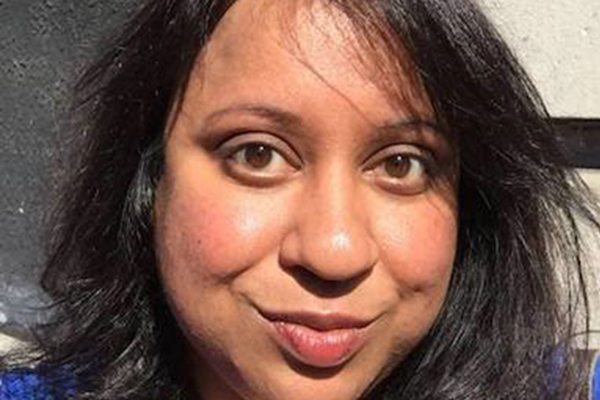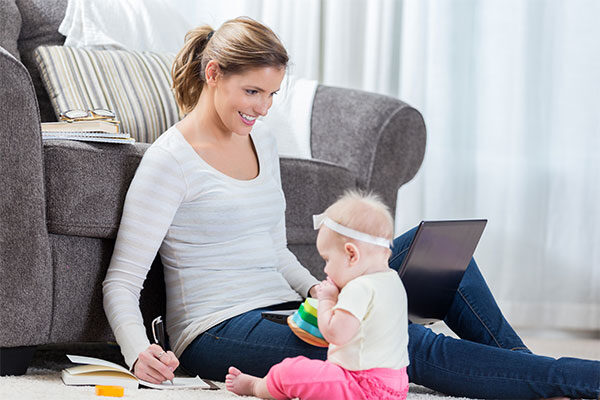You may remember the phrase ‘freelancing is a feminist issue’. It has been said a lot, and for good reason.
The number of women choosing freelancing over traditional employment is rising rapidly. Research by IPSE found that there are over two million freelancers in the UK, 42 per cent of whom are women.
Freelancing is a fantastic choice for many reasons, including the freedom and flexibility it can offer. Some industries lend themselves to freelancing more than others, and journalism is one of them.
After a recent viral tweet from Lucy Pasha-Robinson, opinion editor at the Huffington Post, which asked: “Why are so many female journalists going freelance?”, I decided to find out for myself.
Three female journalists explain why freelancing was the right move for them.

Donna Ferguson, Cambridge, 37
I have been a journalist for 16 years now and decided to go freelance when I had my daughter, Flora, seven years ago. I would never have had the courage to go freelance if it hadn’t been for my daughter. It wasn’t so much a career decision as just the right thing to do for my family at the time, but it became the best career decision I have ever made!
I have really good working connections with other working mums, who understand if the phone call starts with: “Hang on, I just need to put Peppa Pig on.” Although journalism is still often an old boys’ club, I was an editor before I decided to go freelance, and so it wasn’t a decision that was spurred by not getting promotions or sexism in the workplace.
Going freelance was definitely a positive choice for me, but there are problems with being a freelance journalist. I don’t get promoted, and my pay hasn’t risen in six and a half years so I’m still not earning the same amount as I was when I was employed.
The benefits far outweigh any negatives for me, though. I get to spend quality time with my daughter, I don’t have a commute, and I am always writing, rather than editing. Plus, I get to help out on the school trips!

Suchandrika Chakrabarti, London, 36
I think more female journalists are going into self-employment because in my experience it is harder for a woman to be promoted than it is for a man. Men hire their mates, or people that look like them – especially as most senior management in the media are men. An example of that is the new football website The Athletic. They just launched in the UK, and out of the 57 staff hired, only six are women.
I was made redundant three times within employment, and so self-employment became the obvious and best choice for me. My mental health suffered when I was in employment, as I was made to question my worth. The news cycle is not good for mental health. Now I’m writing features at my own pace and it is a lot nicer.
Although it has been difficult to get my head around the banking, self-employment was definitely the right choice for me. I wouldn’t say my work-life balance is any better, in fact it is probably worse, but I would never go back to employment. I work seven days a week now but it’s doing stuff that I enjoy, and my days are a lot more at my pace.

Harriet Marsden, 27, London
I became self-employed very recently, after having worked at a daily newspaper. I think the culture of a newsroom is a reason why so many women choose self-employment, particularly those with children. The benefits of being a freelancer are countless, how it transforms your personal life is beyond amazing – particularly if you are used to working nights, bank holidays, weekends and Christmas.
There are challenges, though. You have to run yourself essentially like a business, with admin, accounts and marketing eating up a vast majority of your potential writing time. Also, most editors prefer to use writers they already know, so often you have to struggle twice as hard to get pieces because you won’t be offered anything. I also miss being in an office – my locker, my cafeteria, all the comforts of a staff job.
That being said, I have a lot more flexibility now and can fit my work around my life and write about a different thing each day. When I was in a staff job, I kept having to say no to interesting projects, but now I can say yes, which means I can do a much wider variety of work.
For me, the positives outweigh the negatives, and I won’t be going back to a staff job until at least next summer.






